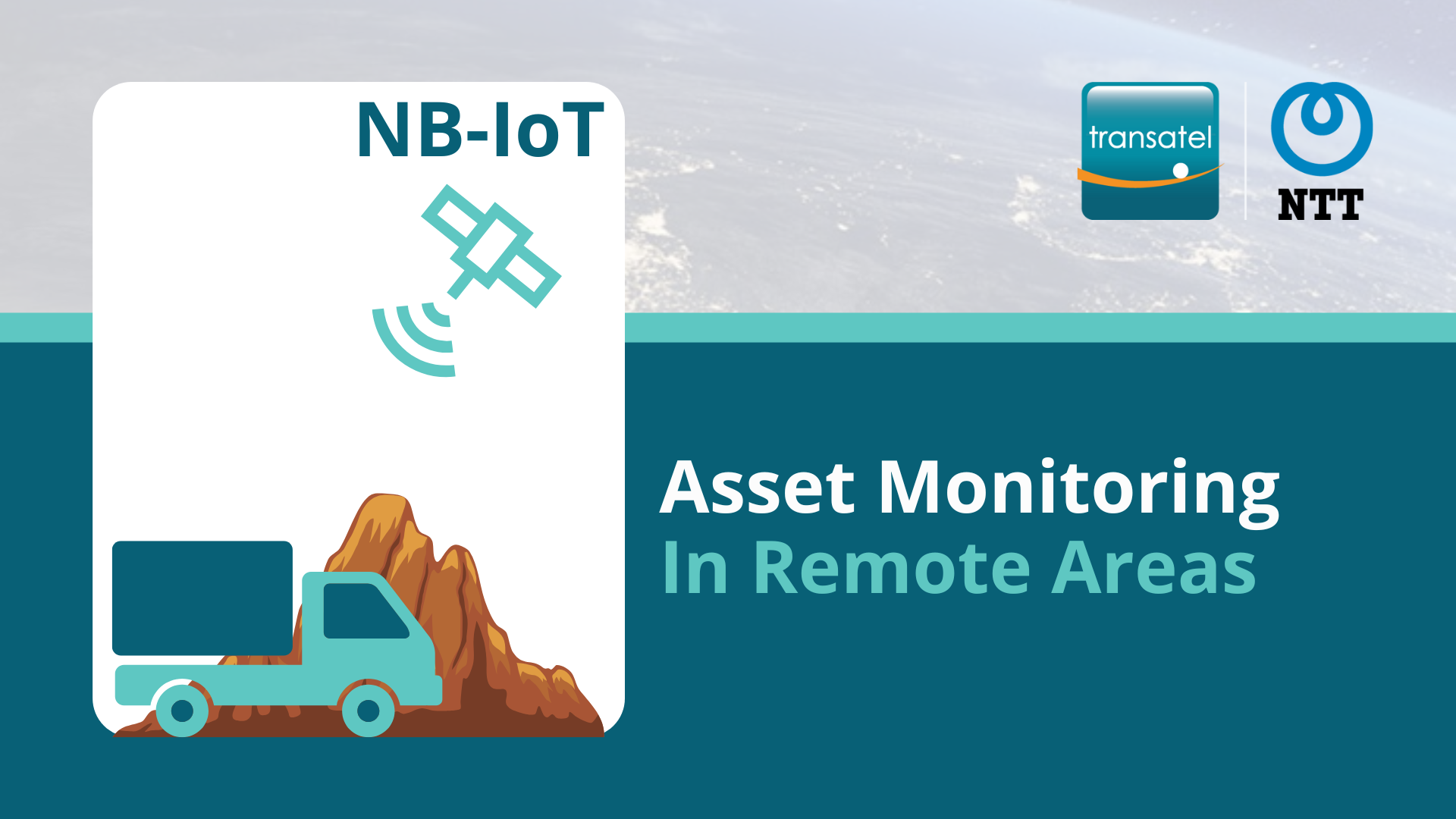Global cellular connectivity service provider Transatel (subsidiary of NTT group) announces the launch of its new worldwide 5G IoT solution for the industrial, IT and automotive sectors. Available on its global Internet of Things connectivity platform, the 5G service is now activated in France and will be gradually extended to the rest of the world, starting with Belgium, Japan, and the USA in the coming weeks.
France is the first step in Transatel’s new 5G IoT global deployment strategy. For this launch, the company chose SFR, the most advanced French mobile operator to deploy 5G with IoT MVNOs. This mobile broadband connectivity solution will enable many IoT use cases requiring a large volume of data. This announcement follows the recent launch of Transatel’s private 5G networks extension solution at the Mobile World Congress in Barcelona[1].
Industry 4.0 and hybrid workplace applications on the front line for 5G
Transatel’s connectivity solutions for distributed workforce and field operations will be the first to benefit from 5G broadband connectivity. SIM and eSIM compatible PCs, tablets and routers will now support data-intensive applications with unprecedented reliability and fluidity. “5G is a revolution for the IT industry as it offers significantly superior performances, security and user experience compared to WIFI. Very soon, most PCs and tablets sold on the market will be 5G ready, with cellular connectivity modules embedded.” predicts Transatel CEO Jacques Bonifay, who is supporting leading Always-Connected PC manufacturers in this transformation.
Industrial IoT and M2M use cases are also good candidates for 5G. Edge Computing and Artificial Intelligence based applications such as Video Content Analysis (VCA), push-to-talk, as well as autonomous robots and vehicles require ever growing volumes of data. The higher bandwidth and lower latency of public and private 5G connectivity addresses these new challenges while offering manufacturers new transformation and innovation opportunities.
In addition to the enterprises, Transatel’s 5G will also be available to consumers worldwide through its Ubigi brand (www.ubigi.com) which offers eSIM cellular connectivity for international travelers and connected cars. However, it will take a few more years before second-generation 5G (or SA for Stand Alone) makes the development of autonomous driving possible.
Transatel is quickly extending its 5G IoT global footprint
After France, Transatel’s 5G IoT solution will soon be rolled-out in many other countries, starting with Belgium, Japan, and the USA in the coming weeks. Already available in nearly 200 destinations, its cellular IoT connectivity platform is now used by many international manufacturers such as Airbus, Stellantis and the integrator Worldline. Transatel’s SIM and eSIM cards are embedded in more than 3M devices around the world: IoT sensors, PCs and tablets, but also industrial and agricultural robots, connected vehicles and aircraft.
Unlike many virtual operators (MVNO) or simple resellers that appeared on the IoT market these past few years, Transatel has its own telecom infrastructure and access agreements for 2G, 3G, 4G, LTE-M and now 5G, negotiated directly with hundreds of mobile network operators around the world. “This flexibility and independence from operators allow Transatel to meet our customers’ coverage and quality of service requirements, of all over the world, regardless of their industry, their device or their business applications.” concludes Jacques Bonifay.
[1] https://www.transatel.com/news-and-insights/press-releases/transatel-announces-private-lte-5g-extension-solution-enabling-connected-devices-to-seamlessly-switch-between-private-and-public-cellular-networks-worldwide/






